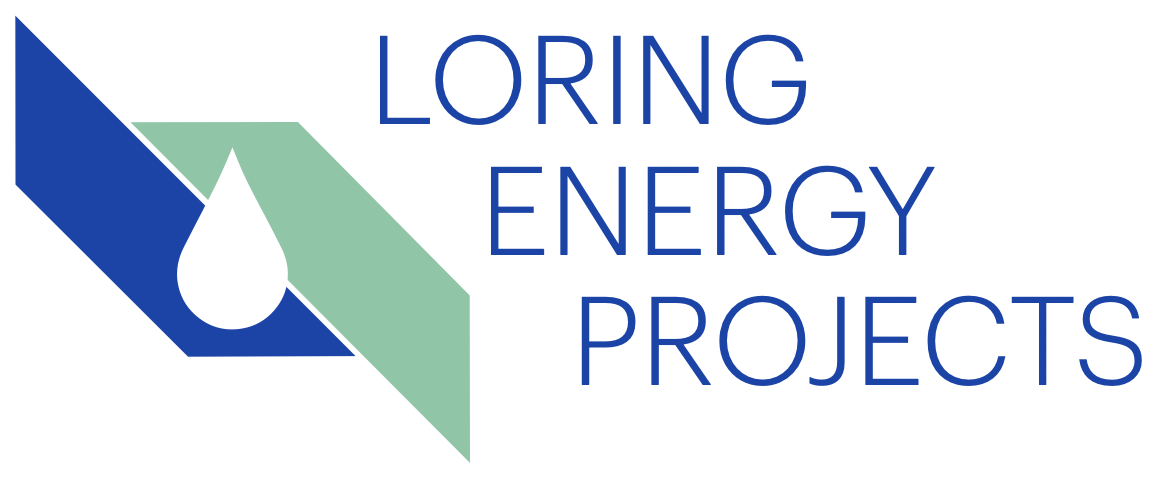MPUC Moves to Phase II for Lower Energy Costs
During its 2013 session, the Maine Legislature enacted The Maine Energy Cost Reduction Act. The Act contains the finding that the expansion of natural gas transmission pipeline capacity into Maine and other states in New England could result in lower natural gas prices and, by extension, lower electricity prices for consumers in Maine.
To facilitate the expansion of natural gas transmission pipeline capacity into the region and the State, the Act authorizes the Commission, in consultation with the Public Advocate and the Governor's Energy Office, to execute an Energy Cost Reduction Contract (ECRC) in accordance with the provisions of the Act.
Yesterday, the MPUC issued "2014-00071 Order - Phase 1" (download it here), in which they state they will proceed to a Phase 2 proceeding and invite Energy Cost Reduction Contract proposals for their consideration. The MPUC will perform an independent cost-benefit analysis of each proposal that is submitted to inform their determination as to whether sufficient benefits will result to Maine consumers of natural gas and electricity to warrant entering an Energy Cost Reduction Contract.
This is good news for Maine businesses and families. Wisely, the MPUC will take a very cautionary approach and deeply scrutinize all proposals to ensure the benefits will indeed be passed on to ratepayers. It is also good for the NESCOE initiative and shows promise that the region can revive the efforts to increase access to natural gas and bring renewable energy from Northern Maine and Canada into the New England market to lower GHG emissions. This impacts the Anchor Power Cogeneration project and Loring Pipeline-2 project by lowering natural gas transmission costs and the Maine Power Express project by potentially reviving the NESCOE efforts.
